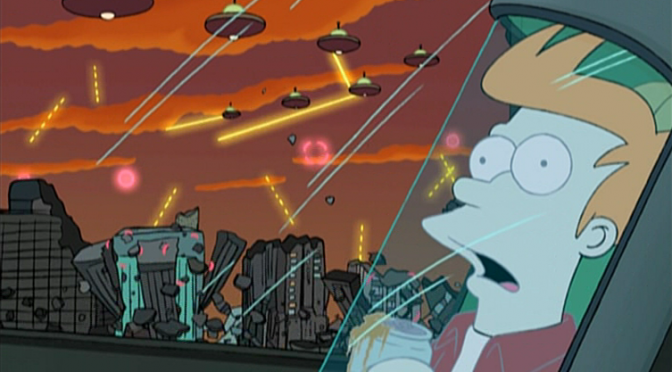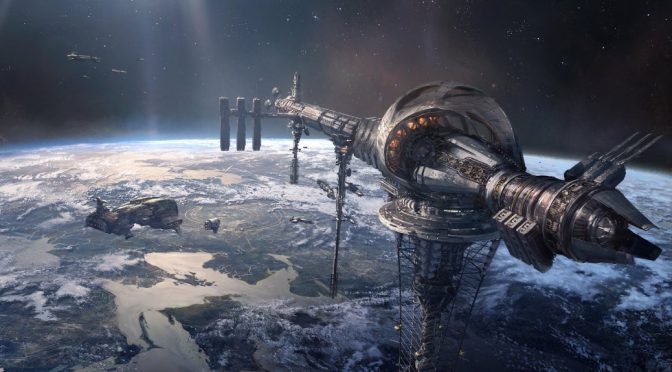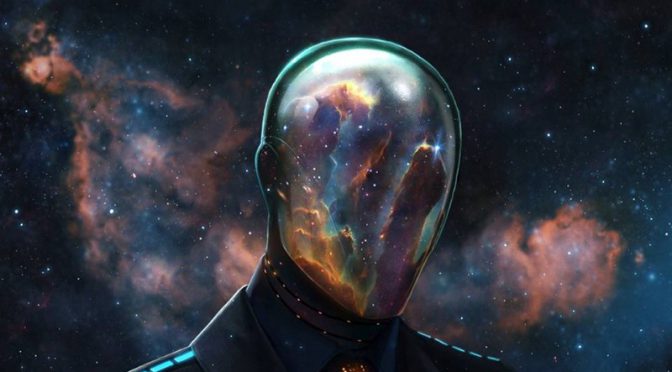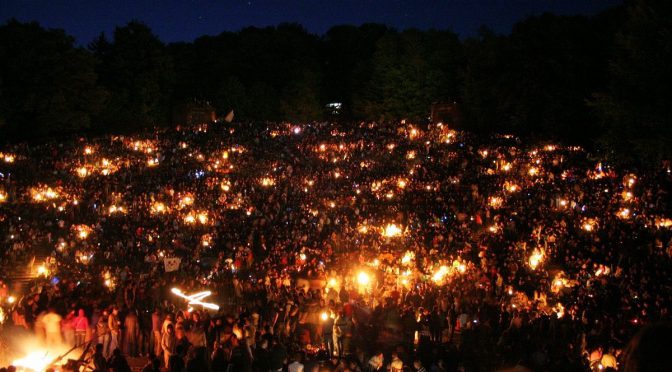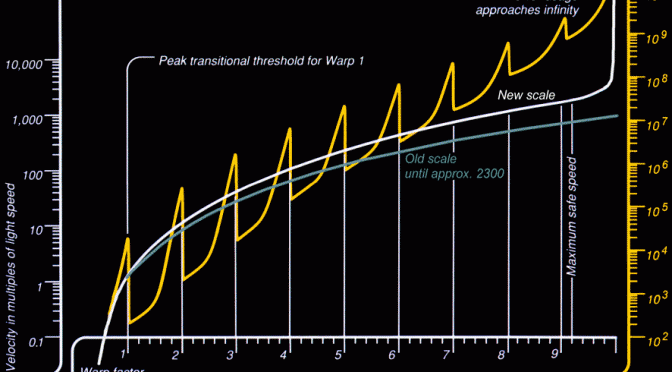There are a few quirks of my personality that I can’t quite blame on outside influences. Though I could probably find a root cause somewhere in my past, probably when I was a toddler and can’t remember anything, there is generally no rational explanation I can think of. One of them is a tendency to hold myself to oddly strict rules that no one else will generally recognize or care about. In fact, even when I outright announce some of these rules I hold myself to, most people tend to forget them if given enough time – but I never do. And one of those is that every blog entry that I post to this site has to fit a certain variety of topics for specific days. It’s not iron clad, there’s always some wiggle room involved, but from time to time I’ll have a blog idea that I want to write or have already written and think, “man, that feels more like a Monday or Wednesday topic.”
It’s a little silly, but I’m often a silly man.
One of the topics I’ve allowed myself to post on Fridays is anything having to do with the future or sci-fi. At first it was because I momentarily considered calling it “Futuristic Fridays”, but then a few eyes were rolled and I realized it was a bridge too far. Still, it’s one of the approved topics for the day, and it’s ironic because a few things I’ve seen on twitter over the last few weeks and a few personal experiences have had me thinking about the future, specifically how much we as a species get freaked out about it. I’ve touched the topic before with talks about technophobia and the like, but all of the individual fears of future times really kind of root back to the same essential fear when it comes right down to it.
We don’t like uncertainty, we don’t like things beyond our control, and the future is full of both… Continue reading Fear of the Future


